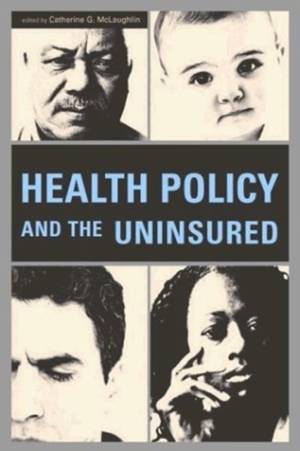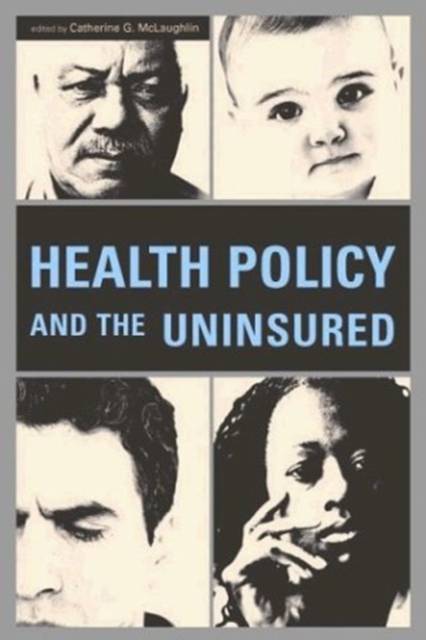
- Afhalen na 1 uur in een winkel met voorraad
- Gratis thuislevering in België vanaf € 30
- Ruim aanbod met 7 miljoen producten
- Afhalen na 1 uur in een winkel met voorraad
- Gratis thuislevering in België vanaf € 30
- Ruim aanbod met 7 miljoen producten
Zoeken
€ 39,45
+ 78 punten
Omschrijving
The United States is unique in the industrialized world in the number of people without health insurance. In 2002, nearly 44 million Americans did not have health insurance coverage. Despite long-running study of this problem, the political debate on health insurance is often based on conventional wisdom and studies that haven't been integrated into a careful theoretical framework. In Health Policy and the Uninsured, leading experts in health policy survey the literature on this subject, synthesizing a wide range of health insurance studies into a comprehensive overview of the uninsured. They consider the methodological hurdles involved in the research, explore the complex interaction between health insurance and labor supply, and highlight the special issues facing children, racial or ethnic minorities and immigrants, the near-elderly, and people with psychiatric or substance abuse disorders. This coordinated critique serves several purposes: First, it summarizes for policy makers what we do not know about the uninsured. Second, it provides a framework for the health policy research needed to fill the remaining gaps in our knowledge. And finally, it serves as a useful primer for economists and other policy analysts.
Specificaties
Betrokkenen
- Auteur(s):
- Uitgeverij:
Inhoud
- Aantal bladzijden:
- 356
- Taal:
- Engels
- Reeks:
Eigenschappen
- Productcode (EAN):
- 9780877667193
- Verschijningsdatum:
- 6/02/2004
- Uitvoering:
- Paperback
- Formaat:
- Trade paperback (VS)

Alleen bij Standaard Boekhandel
+ 78 punten op je klantenkaart van Standaard Boekhandel
Beoordelingen
We publiceren alleen reviews die voldoen aan de voorwaarden voor reviews. Bekijk onze voorwaarden voor reviews.











